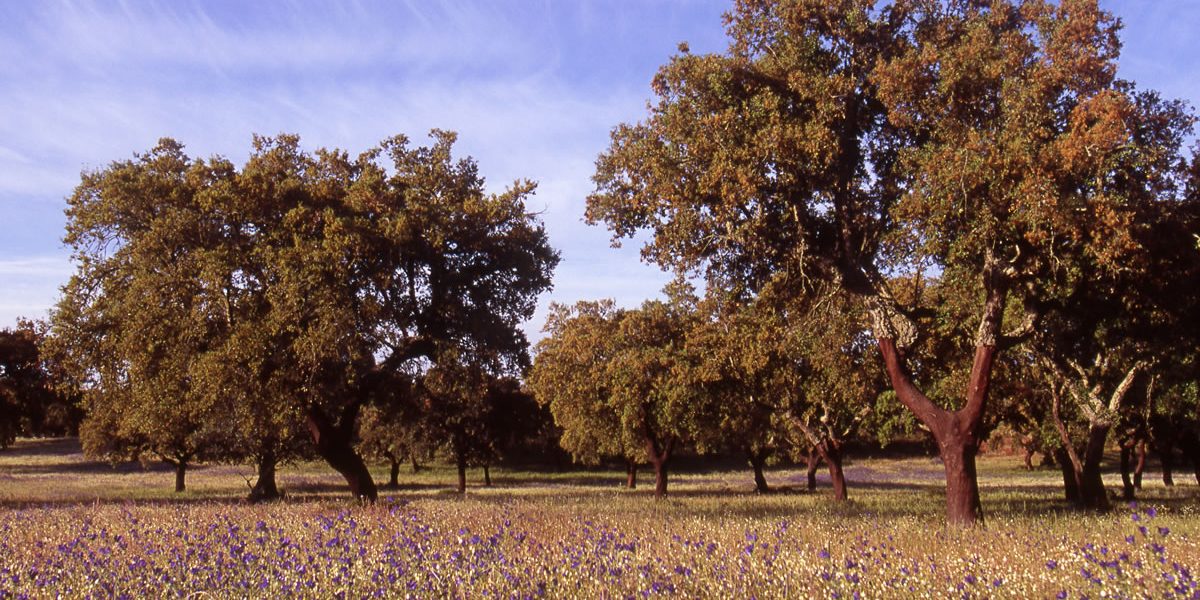Because cork is a natural product that can only be harvested from one kind of oak tree, there is a limited supply. It is also quite expensive to harvest from the trees, as the bark has to be removed by hand. This means that cork is not a cheap raw material! It has unique properties and has a certain beauty to it, particularly in its more natural forms, but you have to pay good money for it and there is no point as a producer of cork products pretending otherwise and trying to compete directly with cheaper, lower quality synthetic alternatives.
The relatively high price of cork means that not a single speck of cork is wasted however. So cork that comes off the trees that is not of suitable quality to make natural wine corks is either used to make expanded cork (if it is resinous) or granulated, so everything that comes off the tree can be used. Then the off-cuts that are produced when the natural wine corks producers punch them out is also granulated. The cork dust that is created when the corks are sanded down to size is collected and used in various sectors. Larger waste scraps of cork that are produced are added to granules and compacted to make decorative boards for cork flooring. And now in some countries even used corks are collected to be granulated and used again.
The key to the industry is natural wine corks however, because these are the most valuable part of the industry (a single ‘flor’ quality wine cork can cost over one euro!). The value that comes from these wine corks, means that the rest of the cork used for agglomeration, flooring, moulding etc can be sold at a lower price. The natural wine cork sector is competing with synthetic corks and screw-tops as well as being undermined by the growing popularity of micro-agglomerated and technical wine corks; without the relatively high value sales that come from natural wine corks however, there will not be sufficient value left in the industry to pay for the expensive harvesting of cork. So it is vitally important that natural wine corks get all the support possible, because the entire cork industry depends on them. Natural cork is a wonderful product and in a world where “natural” is increasingly prized over “synthetic”, we have to hope that wine producers and drinkers will continue to value the amazing properties and beauty of natural cork and not always look for cheaper alternatives, because an entire industry depends on it.
Or put another way – this is why you should use natural cork!








